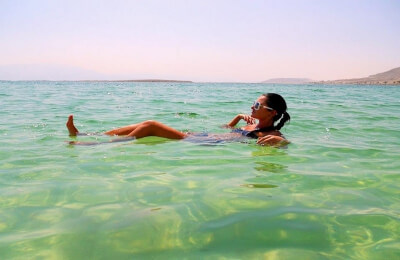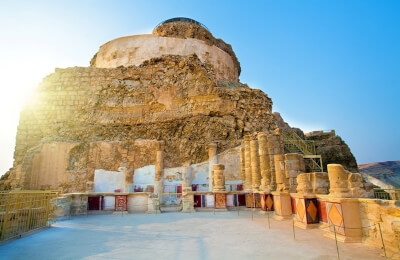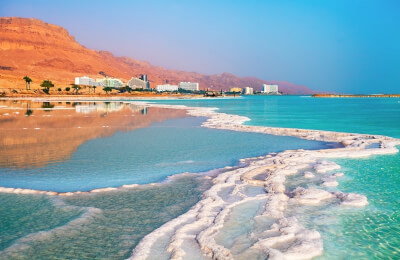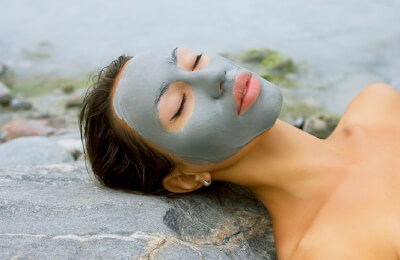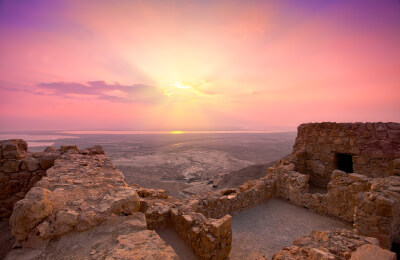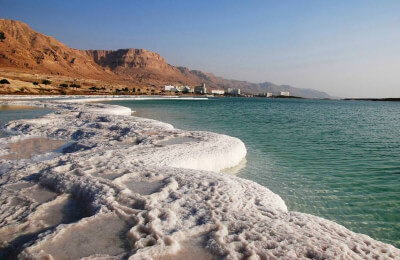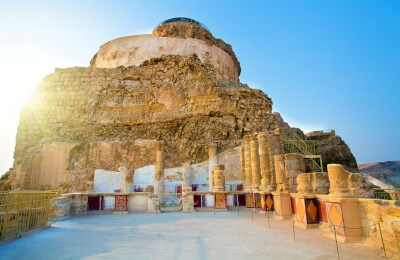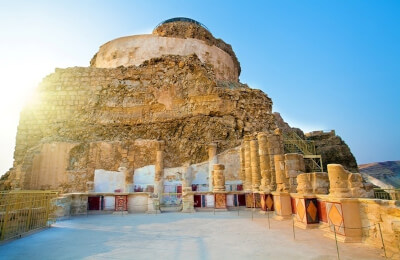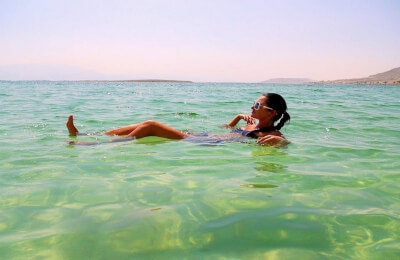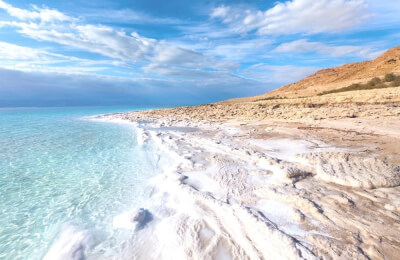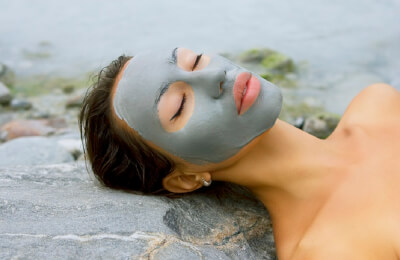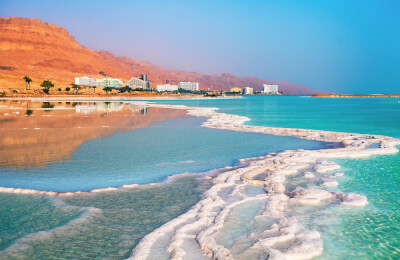Dead Sea

Discover the wonder of the Dead Sea! Enjoy a unique swim in salty waters, rejuvenating spa treatments, and natural healing. Immerse yourself in an unforgettable relaxation experience right now!
Excursions from city
21. Massada and the Dead Sea Promotion
 380₪
380₪
 2 149₪
2 149₪
Excursions in city
 775₪
775₪
 1 755₪
1 755₪
 875₪
875₪
 1 485₪
1 485₪
Excursions from city to
Articles
The Dead Sea is a unique natural wonder, attracting tourists from all over the world. Choosing the right time to visit this amazing place can significantly impact your experience.
Spring and autumn are ideal times to visit the Dead Sea. During these seasons, the weather is moderate, not too hot, allowing you to comfortably enjoy your time by the shore and in the water, benefiting from its unique healing properties.
In summer, the Dead Sea can become quite hot, with temperatures soaring, especially in July and August. However, for some travelers, it also offers the opportunity to enjoy the warm waters and pleasant sun.
Winter at the Dead Sea can be cooler, but for those who seek a peaceful atmosphere and less crowded places, it can be an excellent time to visit. Additionally, accommodation prices and services might be more affordable.
It's essential to consider your preferences regarding weather, tourist crowds, and trip objectives when choosing the timing for a visit to the Dead Sea. Each season has its unique features and attractions for different types of travelers. This remarkable place boasts unique beauty and healing properties, making the Dead Sea one of the most fascinating places to visit regardless of the time of year.
The Dead Sea is a unique natural wonder, attracting tourists from all over the world. Choosing the right time to visit this amazing place can significantly impact your experience.
Spring and autumn are ideal times to visit the Dead Sea. During these seasons, the weather is moderate, not too hot, allowing you to comfortably enjoy your time by the shore and in the water, benefiting from its unique healing properties.
In summer, the Dead Sea can become quite hot, with temperatures soaring, especially in July and August. However, for some travelers, it also offers the opportunity to enjoy the warm waters and pleasant sun.
Winter at the Dead Sea can be cooler, but for those who seek a peaceful atmosphere and less crowded places, it can be an excellent time to visit. Additionally, accommodation prices and services might be more affordable.
It's essential to consider your preferences regarding weather, tourist crowds, and trip objectives when choosing the timing for a visit to the Dead Sea. Each season has its unique features and attractions for different types of travelers. This remarkable place boasts unique beauty and healing properties, making the Dead Sea one of the most fascinating places to visit regardless of the time of year.
What a Tourist Needs to Do at the Dead Sea
Exploring the Terrain's Features:
Study the climatic characteristics. High salinity and air temperature can affect your health and comfort, so it's essential to know how to adapt to these conditions.
Safety and Precaution:
Use sunscreen. The UV radiation level at the Dead Sea is high, so apply sunscreen and wear headgear.
Avoid submerging your head underwater. Intense salinity can cause eye and mucous membrane irritation.
Swimming Experience:
Enjoy swimming. Due to the high water density from the salt content, swimming at the Dead Sea is effortless.
Spa and Health:
Use natural minerals. Mud and minerals from the Dead Sea are often used in spa treatments and cosmetics due to their health benefits.
Careful Beach Selection:
When visiting beaches, choose those with facilities and safety services, especially if you plan to swim.
Environmental Awareness:
Observe environmental conservation rules. The Dead Sea is unique and fragile, so respect its natural features and do not litter.
Exploring Culture and History:
Visiting historical sites and archaeological sites along the Dead Sea shores allows immersion into the history of this unique region.
The tourist experience at the Dead Sea depends on a combination of relaxation, health improvement, and respect for the environment. When exercising caution and respecting local characteristics, a trip to the Dead Sea promises to be an amazing adventure, full of new experiences and health benefits.
The Dead Sea, stretching between Israel and Jordan, is a magical place, rich not only in its unique healing properties but also captivating landmarks. From historical sites to natural wonders, this place offers numerous options for travel enthusiasts.
Masada: This ancient fortress city located on a high cliff offers not only a historical immersion but also stunning views of the Dead Sea and surrounding landscapes.
Ein Gedi: The Ein Gedi Nature Reserve with rich vegetation, waterfalls, and thermal springs is an excellent place for those who value a connection with nature.
Qumran: This is where caves housing the Dead Sea Scrolls, considered some of the oldest Biblical texts, were discovered.
Beaches and Spa Centers: Many hotels and resorts not only offer access to the Dead Sea but also spa procedures using sea minerals for health and relaxation.
Salt Formations: Amazing salt formations and crystals, formed due to the sea's high salinity, present a unique aspect of nature.
Thermal Springs: Thermal springs with warm water and health properties are located near the Dead Sea.
Cultural Attractions: Cultural centers and museums allow guests to immerse themselves in the history and culture of this unique region.
The Dead Sea is not only an amazing body of water with unique properties but also offers travelers the opportunity to delve into history, nature, and culture. Preserving and studying these attractions play a vital role in the tourist experience of visiting the Dead Sea.
Budget for a Trip to the Dead Sea
The Dead Sea is a unique place with a high level of tourist activity. Determining the budget for a trip to the Dead Sea is important considering the variety of services offered at this unique water body.
Accommodation: A significant portion of the budget depends on the choice of accommodation. Luxurious resorts offer a high level of service, but the prices are accordingly high. Hotel rooms, apartments, guesthouses - each option has its own price category.
Food: Expenses for meals should also be taken into account. Restaurants in hotels and cafes in tourist areas can be more expensive than those in more remote places. Consider options like hotel breakfasts or preparing your own meals.
Transport: Transportation costs depend on how you plan to get to the Dead Sea. Renting a car or using taxis will increase the budget. Public transportation is a more affordable option.
Tours and Entertainment: When planning your trip, consider the costs of tours, spa treatments, or other activities. Tickets for tours and visits to local attractions are also part of the budget.
Additional Expenses: Allow for extra expenses for souvenirs, travel insurance, or other unexpected costs that may arise during the trip.
Budget Travel: If your budget is limited, consider more affordable accommodation options, buying groceries at supermarkets, and using public transportation.
Summing up all expenses and costs at the Dead Sea can be individual for each traveler. It depends on preferences, trip plans, and the level of comfort you seek during your stay in this amazing place.





















